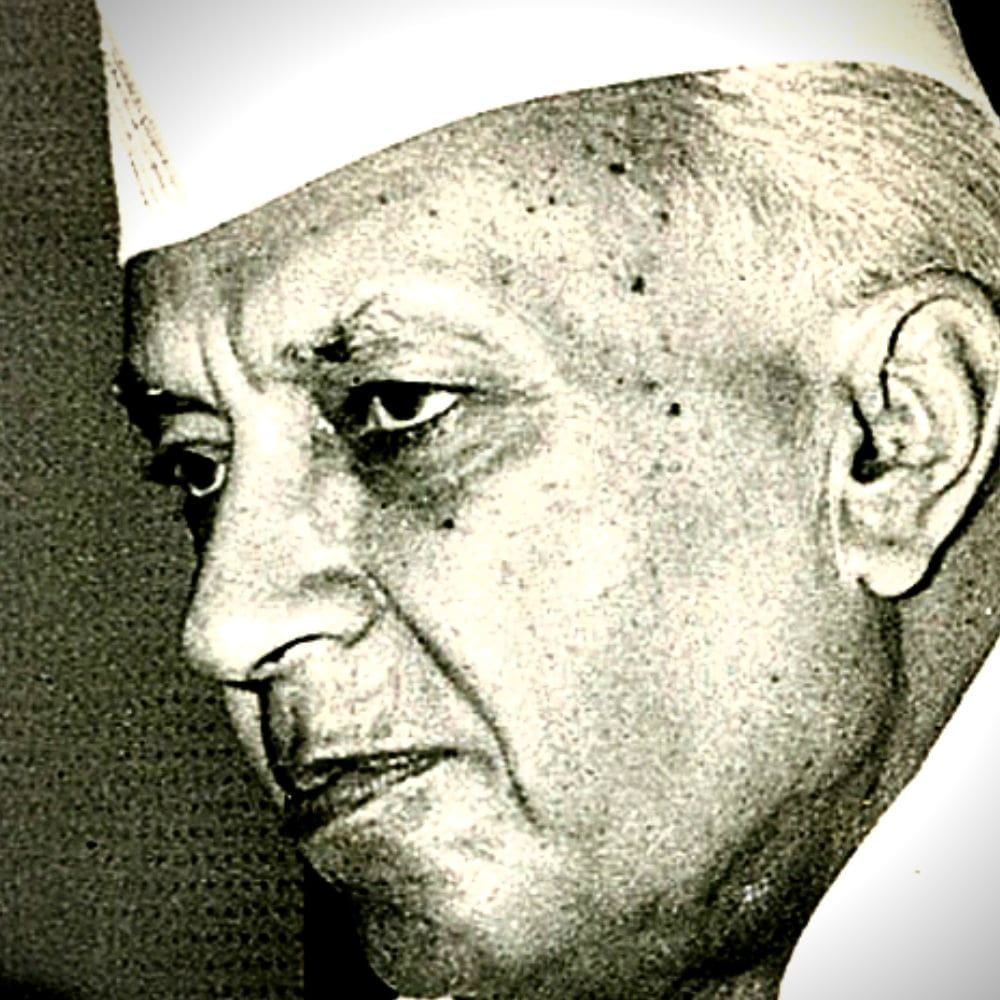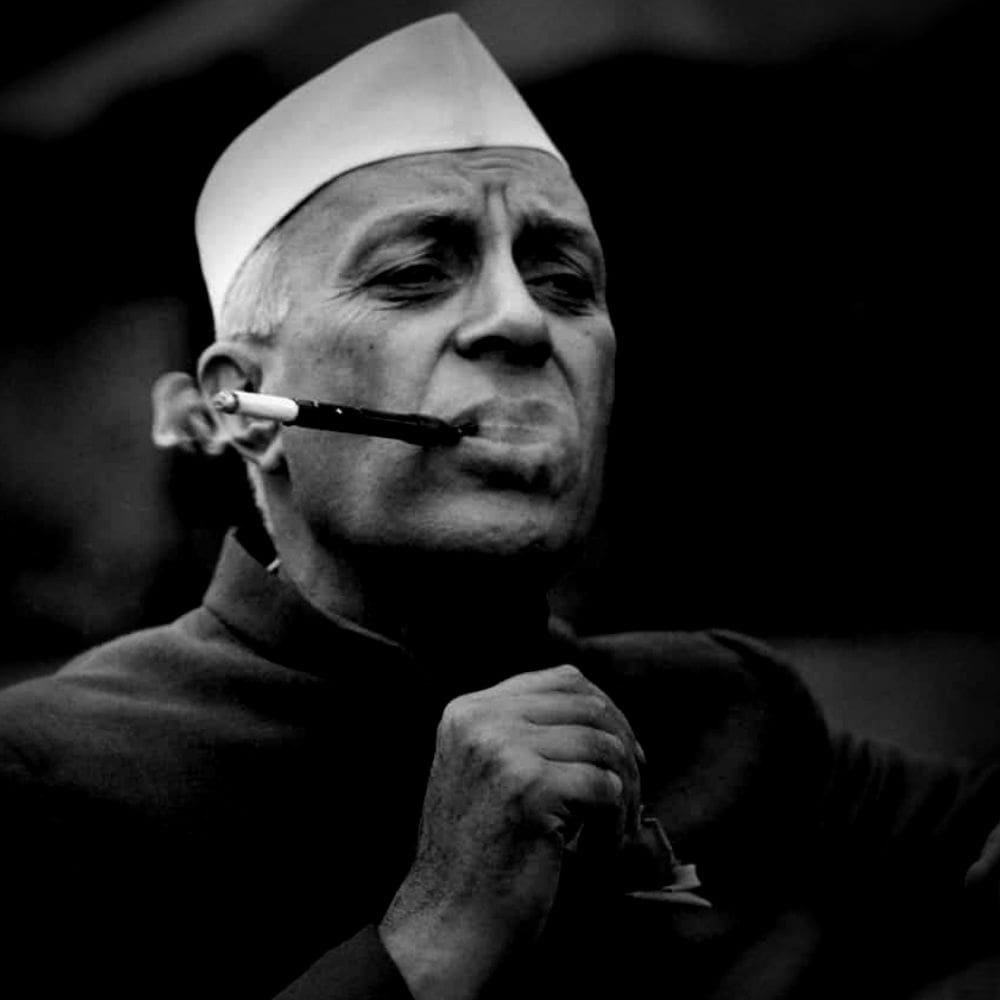SCORING SELF-GOAL—MINISTRY RESIGNATIONS, 1939
GOOD SHOW BY THE CONGRESS IN 1936-37 PROVINCIAL ELECTIONS
In the 1936-37 provincial elections in 11 provinces, the Congress won an absolute majority in 5 (UP, Bihar, Madras, CP (Central Provinces) and Orissa), and emerged as the largest party in 4 (Bombay, Bengal, Assam and NWFP). The Congress ministries were formed in a total of 8 provinces. They were headed (called Premiers) by Govind Ballabh Pant in UP, Shrikrishna Sinha in Bihar, NB Khare in CP, BG Kher in Bombay, Rajaji in Madras. Bishwanath Das in Orissa, Gopinath Bardoloi in Assam, and Dr Khan Sahib in NWFP.
On the other hand, the Muslim League’s show was poor. It secured less than 5% of the Muslim votes. It won a mere 6% (108/1585) of total seats. Its share (108/(372+108=480)) in the Muslim seats was also low: 22.5%. It failed to form a government on its own in any province. This rankled with Jinnah and the AIML, and also with the British, who didn’t want the Congress to get powerful.
GOOD PERFORMANCE OF CONGRESS MINISTRIES DURING 1937-39
The hard-won (thanks mainly to the efforts of Sardar Patel) Congress ministries in the provinces since 1937, under the strict vigilance of Patel, had begun to perform better than expected. To guide and coordinate the activities of the provincial governments, a central control board known as the Parliamentary Sub-Committee was formed, with Sardar Patel, Maulana Abul Kalam Azad and Rajendra Prasad as members. A number of measures in the interest of the general public had been taken. Many Congress ministers set an example in plain living. They reduced their own salaries. They made themselves easily accessible to the common people. In a very short time, a very large number of ameliorative legislations were pushed through in an attempt to fulfil many of the promises made in the Congress election manifesto.
Emergency powers acquired by the provincial governments through the Public Safety Acts and the like were repealed. Bans on illegal political organizations such as the Hindustan Seva Dal and Youth Leagues, and on political books and journals were lifted. All restrictions on the press were removed. Securities taken from newspapers and presses were refunded and pending prosecutions were withdrawn. The blacklisting of newspapers for purposes of government advertising was given up. Confiscated arms were returned and forfeited arms licenses were restored. In the Congress provinces, police powers were curbed and the reporting of public speeches and the shadowing of political workers by CID agents stopped. Another big achievement of the Congress Governments was their firm handling of the communal riots. Rajaji’s premiership of Madras during 1937-39 was brilliant.
BRITAIN DECLARED WAR (WW-II) ON BEHALF OF INDIA
The German–Soviet Non-aggression Pact, also called the Molotov– Ribbentrop Pact, or the Nazi–Soviet Pact, was signed between Nazi Germany and the Soviet Union in Moscow on 23 August 1939, in the presence of Stalin. Soon after, on 1 September 1939, Germany invaded Poland (Soviet Union did so on 17 September 1939). In response, Britain declared war against Germany two days later—on 3 September 1939. On the same day, the Viceroy of India, Linlithgow, also announced that India, along with Britain, had joined the war (WW-II).
IN PROTEST, NEHRU & SOCIALISTS FORCE CONGRESS MINISTRIES TO RESIGN
The Congress had expected to be consulted by the British before declaring war on behalf of India. The AICC had declared in May 1939 that the Congress would oppose any attempt to impose a war on India without the consent of its people. Yet, the British authorities just didn’t bother. The Congress felt rebuffed and enraged. It also demonstrated that the British considered the Gandhian ‘threat’ as no threat. They knew that the Gandhian non-violence was an insurance against any real problem for the Raj.
In protest against the British-India declaring war without consulting the Congress, the CWC meeting at Wardha on 22-23 October 1939 decided not to co-operate with the British in the war (WW-II). The move was spear- headed by Nehru and the socialists, who also advocated that the Congress Provincial Governments resign by the month-end in protest. Patel and Gandhi were not in favour of non-cooperation with the British in the war, and of the ministries resigning; but Nehru & Co—the socialists—insisted upon it. The resignations were effectively a victory of the Congress Left.
RESIGNATIONS: A BIG NEHRUVIAN BLUNDER
Nehru Driven by the Soviet Line, Opposite to Gandhi’s Line Nehru’s world-view was Marxist-Communist, as was obvious from his books and speeches, and he not only always tended to favour the Soviet Union, he did so even where the position of the Soviet Union was indefensible—effectively, Nehru was a Soviet-addict.
Wrote Sita Ram Goel: “It could, therefore, be logically expected that once Britain and France made up their mind to fight the Fascist Powers, the Congress would be prepared to cooperate with them. In fact, Mahatma Gandhi drew this conclusion when, immediately after the Second World War broke out in Europe, he advised the Congress to give unconditional moral support to the British Government of India. Writes Dr Pattabhi Sitaramayya: ‘Gandhi was of the view that we must offer our moral support, allow the ministries to function and he had the confidence that through the ministries, he could manoeuvre a declaration of Poorna Swaraja or Dominion Status.”
“But Mahatma Gandhi was not aware that Pandit Nehru had committed the Congress to an anti-fascist faith not because he linked prospects of India’s freedom with that faith but because his Soviet mentors had at that time laid the line that way. Had the Soviet Union joined the anti-fascist war against the Fascist Powers, he would have felt no difficulty in advocating cooperation with her British ally, as he did at a later date [when Soviet Union joined the Allies in 1941]. But the Soviet Union was now an ally of Nazi Germany [1939-41], and the Comintern apparatus everywhere had characterised the War as an ‘Imperialist War’. The Comintern had also invited the ‘people’ in Western countries as well as in the colonies of those countries to convert the ‘imperialist war’ into a ‘civil war’ or a ‘war of liberation’ on the pattern advocated by Lenin in 1914-18. It was, therefore, not at all possible for Pandit Nehru to advocate cooperation with the British Government of India.”
It is worth noting that being more a socialist and a communist sympathiser than an “internationalist”, or an independent or a nationalist thinker, Nehru changed his tune soon after Russia joined the war on the side of Britain, and against Nazis in 1941.
Resignations of Congress Ministries Under pressure from Nehru & Co, the Congress Ministries resigned in November 1939. It was politics of futile gesture—a big blunder; a political suicide. Wrote Balraj Krishna: “Yet, he [Sardar Patel] seemed to be in agreement with Gandhi insofar as the continuance of the Congress Ministries was concerned. This was typical of him as the party boss and as an administrator, who saw obvious political gains in holding on to power. Linlithgow’s thinking tallied with Patel’s. He had written to the King that ‘Jinnah had become alarmed by the defection of a growing number of Muslims from the Muslim League to the Congress’, because the Ministers could help their friends and ‘inconvenience their opponents’. Such defections, however probable, could not have taken place because of the Congress giving up power in the provinces. The Editor of The Hindu, K. Srinavasan,… ‘blamed Nehru for “the dreadful blunder” of withdrawing the provincial Ministers from office.”
The ill-advised action of Nehru & Co was like giving up all the gains of the 1937-elections; and passing them on to the then defeated Muslim League. While for the Congress it was self-emasculation that greatly weakened it and drastically slashed its bargaining position, throwing it into wilderness, for the British and for Jinnah the Congress Ministries’ resignations were “good riddance”.



